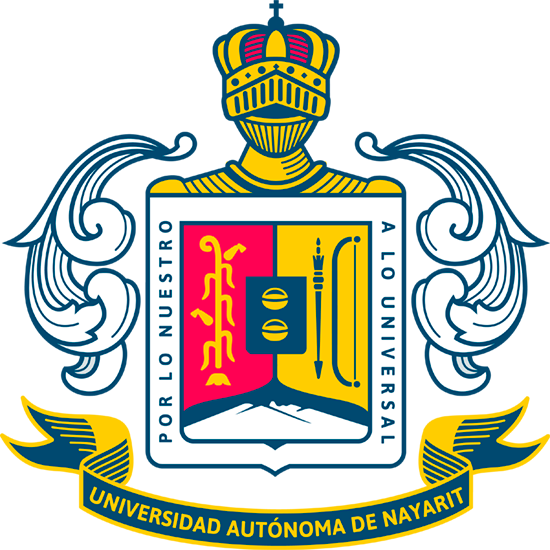Abstract
Dextran is a homopolysaccharide of glucose, formed in sugarcane juice during post-harvest and is responsible for the low yields of evaporation and crystallization in the sugar industry. The enzymatic saccharification of dextran has been noted for its satisfactory yields; However, this enzymatic process requires an adequate selection of the enzyme and its concentration, as well as the control of the environmental conditions of the biocatalysis. The objective of the present investigation was to optimize the process of enzymatic hydrolysis of dextran from sugarcane juice using the response surface methodology. A central composite rotational design with three independent factors of five levels was used: enzyme concentration, reaction time and temperature, and as a response variable: reducing dextran concentration. The commercial enzyme Dextranfree Xe was used which was kinetically characterized. The experiment consisted of two stages, first a simulated cane juice medium was used to determine the optimal conditions and these were then applied to the real sugar cane juice. The optimal environmental conditions for dextran hydrolysis in the simulated cane juice turned out to be: enzyme concentration 224 ppm, reaction time 32 minutes and reaction temperature 36 °C, to achieve 70% dextran reduction. Finally, the optimized conditions were validated by applying them to the sugarcane juice, obtaining a reduction of 69.2% in dextran concentration; concluding that said method was effective.

Revista Bio Ciencias by Universidad Autónoma de Nayarit under Creative Commons Attribution-NonCommercial 3.0 Unported License.
Based on work of http://biociencias.uan.edu.mx/.
Further permits not covered by this licence can be found at http://editorial.uan.edu.mx/index.php/BIOCIENCIAS.






